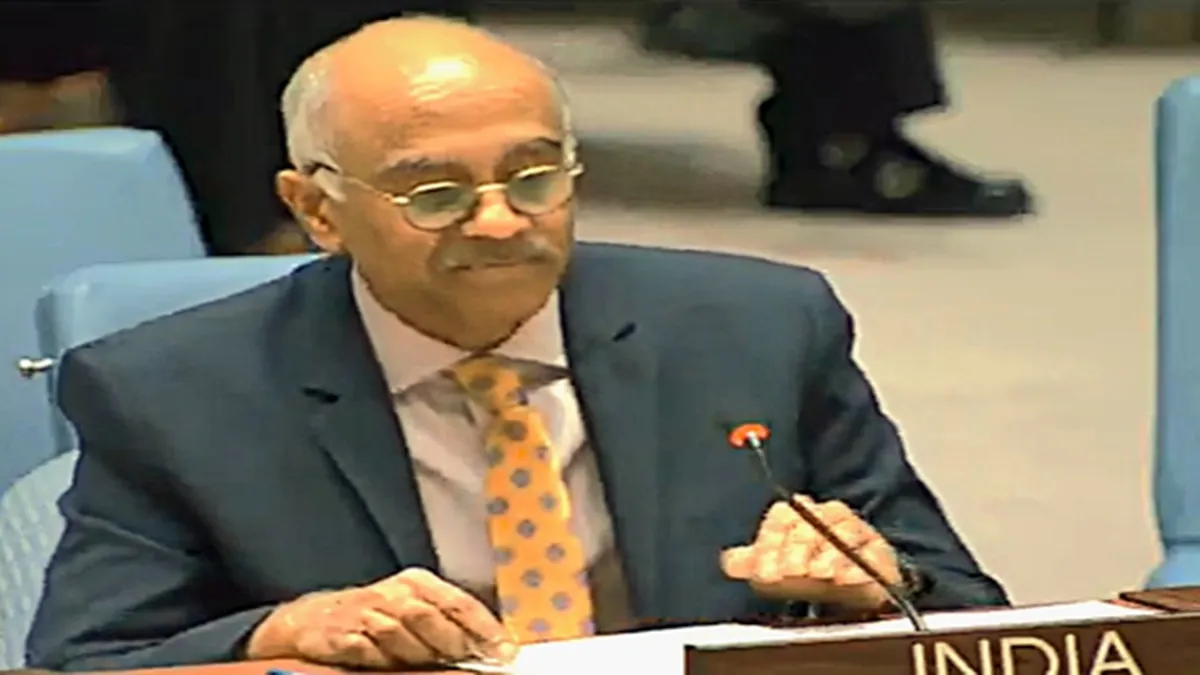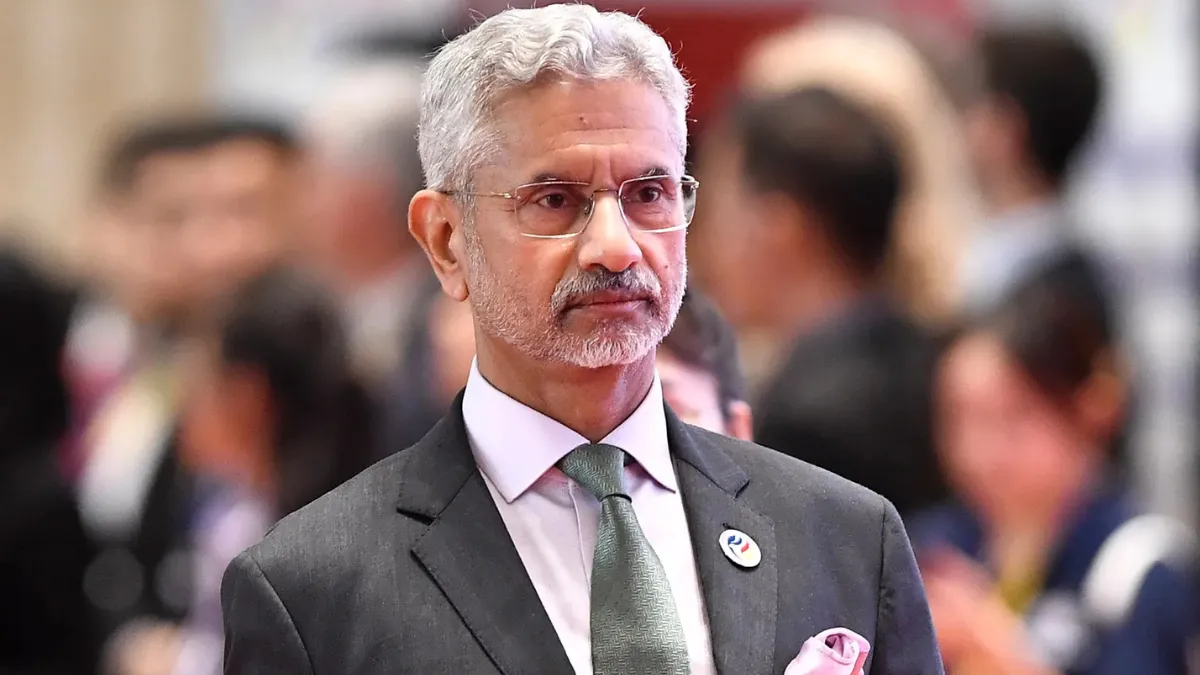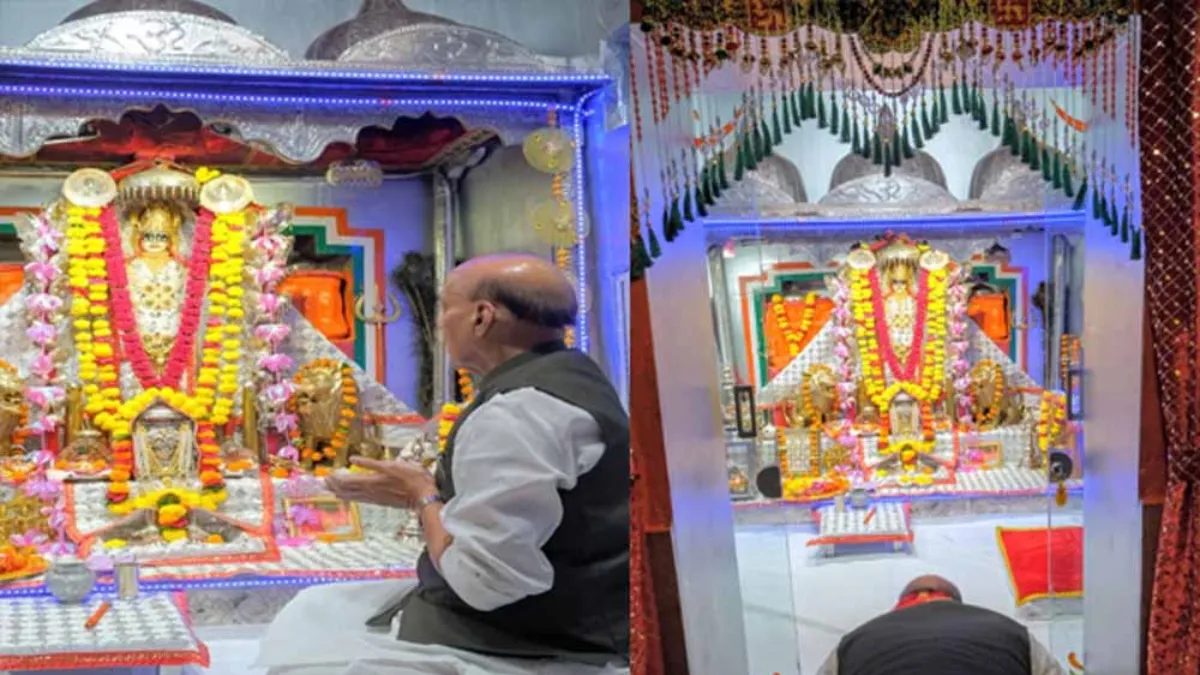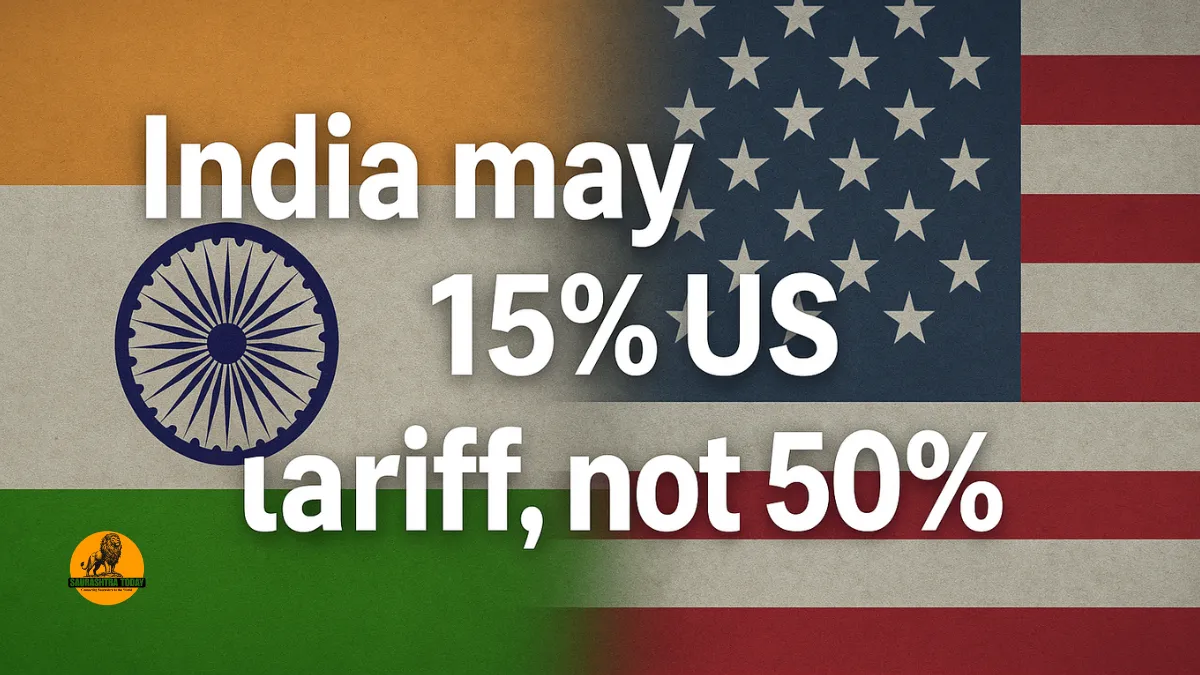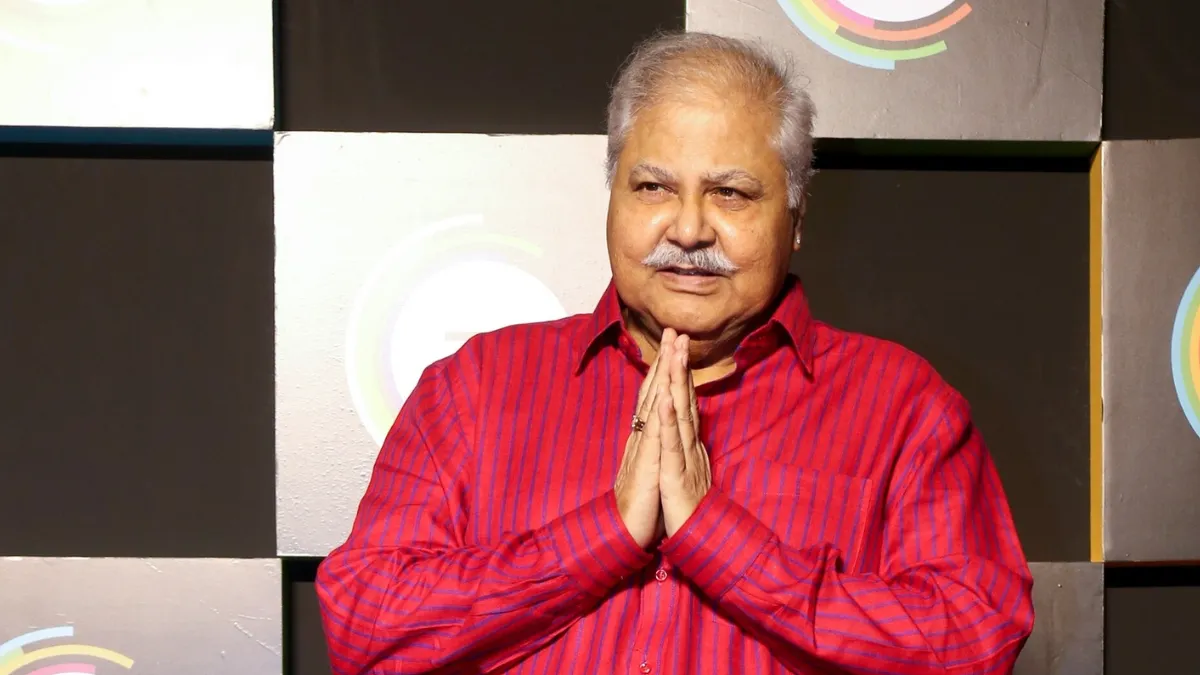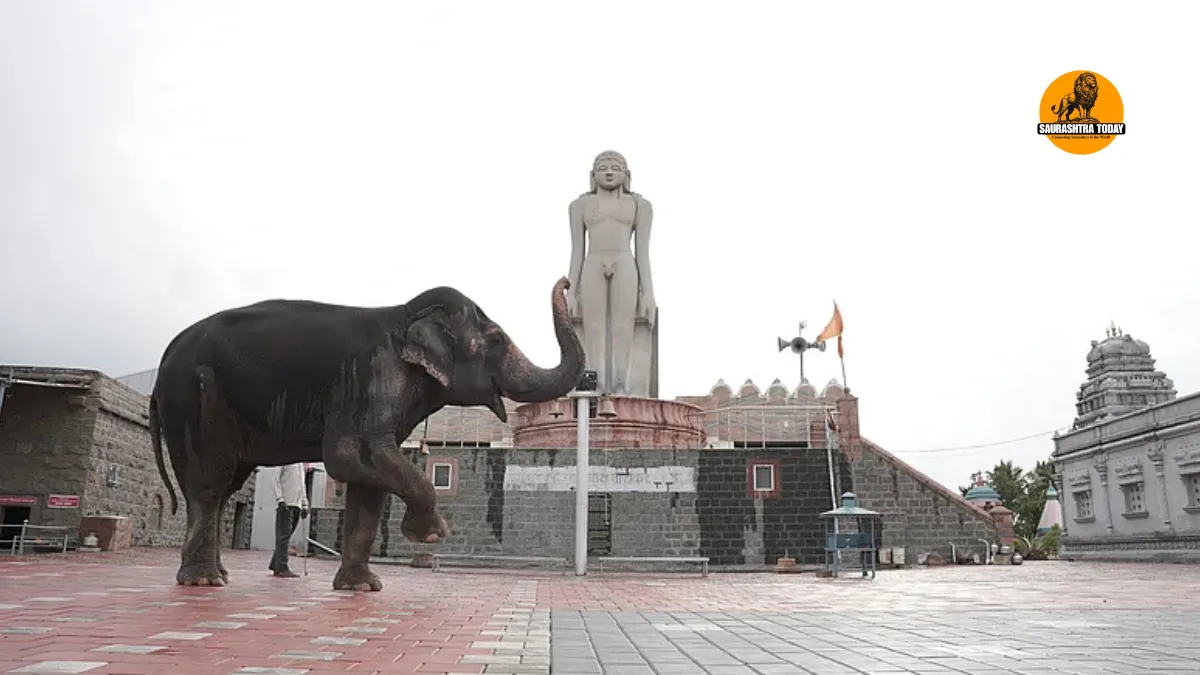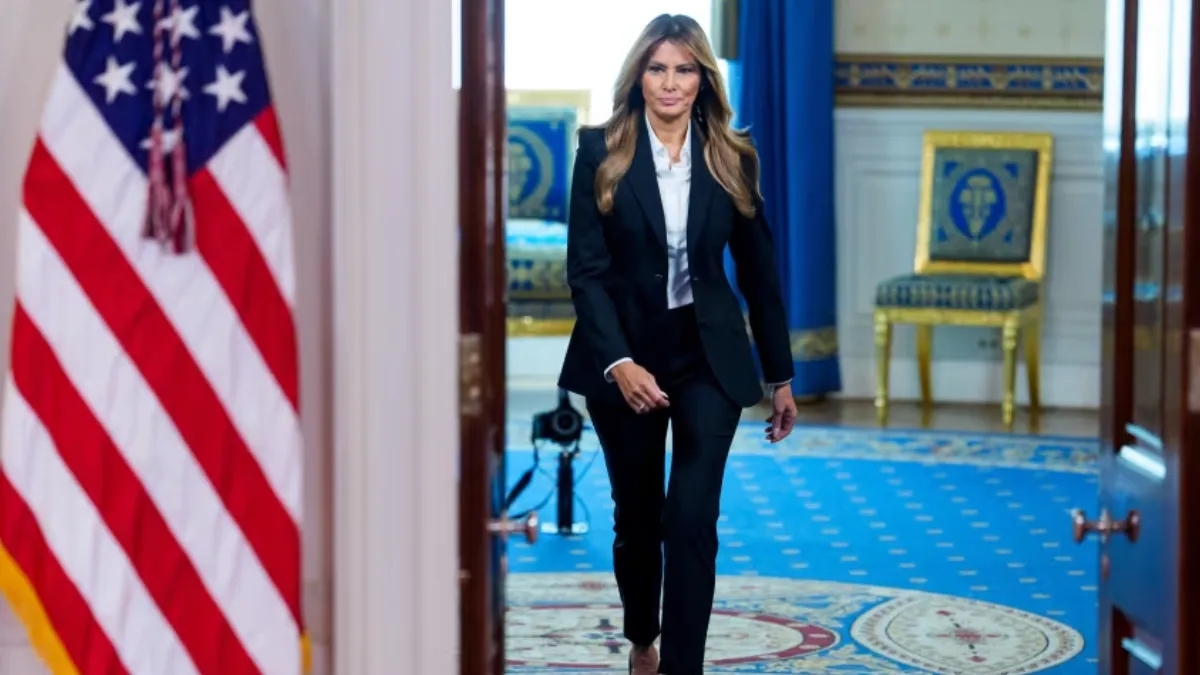India Once Again Exposed Pakistan: In a decisive move at the United Nations, India once again exposed Pakistan, delivering a strong message against Islamabad’s continuous human rights violations and illegal occupation of territories. India’s stance at the UN was firm, highlighting the stark contrast between democratic governance and military-dominated regimes.
India’s Response to Pakistan at the UN
During the discussions at the UN Security Council, India criticized Pakistan for its failure to adhere to democratic norms and respect human rights. India pointed out that Pakistan, being a country governed primarily by its military, remains ignorant of the concepts of democracy and constitutional governance.
India’s Permanent Representative to the UN, P. Harish, emphasized, “The people of Jammu and Kashmir exercise their fundamental rights in accordance with India’s democratic traditions and constitutional framework. We are fully aware that Pakistan is completely unfamiliar with these concepts.”
Call to End Human Rights Violations
India urged Pakistan to immediately cease all forms of repression in the regions it illegally occupies. Harish highlighted the ongoing and serious human rights violations committed by Pakistan in these territories. “We call upon Pakistan to end the severe and continuous human rights violations in the areas under its illegal occupation. The local population is openly rebelling against Pakistan’s military occupation, oppression, cruelty, and illegal exploitation of resources,” he said.
Pakistan’s Misleading Claims
During the UN session, Pakistan’s Permanent Representative, Asim Iftikhar Ahmed, referred to the 1948 UN resolutions and made misleading claims regarding the unfinished “plebiscite” proposals. This came amidst the commemoration of the 80th anniversary of the United Nations, where discussions were held under the theme “Looking Towards the Future.”
India firmly countered Pakistan’s narrative, clarifying that Resolution 47 of April 1948 had clearly demanded Pakistan withdraw its armed forces, security personnel, and civilians from the territories it had invaded. Pakistan, however, has repeatedly ignored this critical mandate.
Violence and Rebellion in Occupied Territories
The ongoing unrest in these illegally occupied areas was also discussed at the UN. Recent reports indicate that local populations have actively resisted Pakistan’s occupation, resulting in violent confrontations. Tragically, at least 12 people have lost their lives during these uprisings, underscoring the intensity of local resistance against Pakistani control.
Harish stressed that Pakistan’s approach of distorting facts and manipulating international narratives cannot hide the ground realities of oppression in the occupied regions. “The examples presented by Pakistan before the UN regarding its response to terrorism are merely a distraction from the actual challenges and violations present in the territories it occupies,” he noted.
Also read: India May Face 15% US Tariff, Not 50%: Trade Deal Expected Soon Between New Delhi and Washington
India Once Again Exposed Pakistan
Through its articulate and evidence-based presentation at the United Nations, India once again exposed Pakistan on the global stage. India highlighted Pakistan’s pattern of illegal occupation, systemic human rights abuses, and attempts to mislead the international community. By presenting authentic facts and emphasizing the legal and democratic rights of the people in occupied territories, India reinforced its position as a responsible global actor committed to justice and human rights.
India’s Commitment to Democracy and Human Rights
India reiterated its commitment to democratic governance and the protection of fundamental rights for all its citizens, including those in Jammu and Kashmir. The country’s Permanent Representative emphasized that India’s legal and constitutional framework ensures freedom, dignity, and rights for all individuals, in stark contrast to Pakistan’s oppressive methods.
Global Implications
India’s firm stand at the UN sends a strong message to the international community about the ongoing challenges posed by Pakistan. It demonstrates India’s unwavering commitment to international law, human rights, and regional peace. India’s diplomatic approach aims not only to counter misinformation but also to rally global support for ending illegal occupations and ensuring the protection of civilians.
Also read: India to be Represented by Foreign Minister Dr. S. Jaishankar at ASEAN Summit
Conclusion
The recent session at the United Nations underscores the fact that India once again exposed Pakistan, bringing the international spotlight on Islamabad’s military-dominated governance, human rights violations, and illegal occupation of territories. India’s detailed and well-substantiated presentation at the UN Security Council reinforces its position as a global leader in democracy, human rights, and lawful governance.
By emphasizing facts, resisting misinformation, and upholding constitutional principles, India continues to assert its authority on the world stage, making it clear that nations that pursue oppression and illegal occupation cannot escape international scrutiny.
